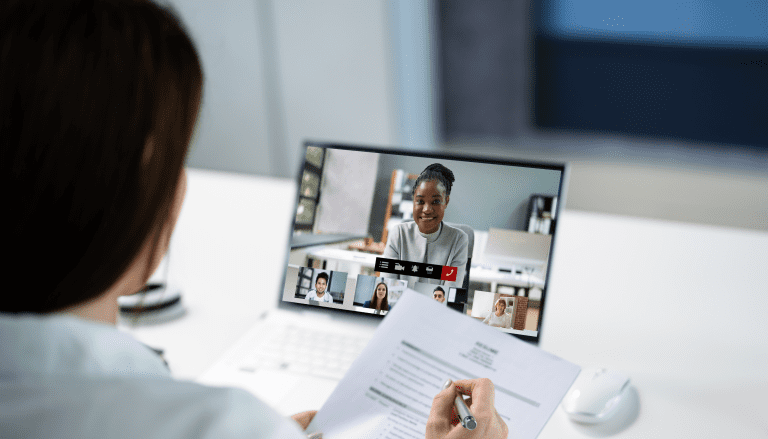The recent allegations by former State Security Agency boss, Arthur Fraser, that President Ramaphosa had millions of US dollars hidden in furniture on his game farm and that he engaged in a cover up, kidnapping, torture and bribery are instructive for all leaders.
The allegations require President Ramaphosa to provide valid answers, yet he and his supporters have been trying to deftly sidestep the allegations and downplay their seriousness and significance with counter allegations of intimidation and bullying, and being targeted for political reasons by political opponents.
Over the past decades, this response has been used by numerous political and business leaders to deflect attention from their actions and avoid accountability. It’s however a hollow defence that’s full of holes and needs to be exposed for what it is.
Leaders who consider themselves to be ethical and in touch with reality would do well to learn from the mistake leaders make when protesting their innocence in the name of political rivalry or so-called intimidation and bullying in order to avoid facing the consequences of their actions.
Such leaders all make one grave error. They fail to separate the motive of the message from the content of the message.
Yes, Arthur Fraser’s allegations may well be politically motivated but here’s the important point – the motive is not the message.
Regardless of the motivation behind the allegations, the content of such allegations needs to be assessed on its own merits, based on the evidence at hand. If an independent and objective assessment of the allegations reveals they are valid, the appropriate action should be taken, regardless of the position of the person in question.
So here’s the lesson for business leaders …
While you (hopefully) may not have similarly serious allegations levelled against you, you may well on occasion be criticised by investors, colleagues, employees, competitors, the public or even family members for some or other action you did or didn’t take.
If, as a leader, you are insecure and defensive, you will be more inclined to hear the motive rather than the message in the criticism. That then consequently deafens you to what you really need to hear and you apply your energies to one or all of the three Ds – defence, denial or deflection.
An emotionally mature, emotionally intelligent and emotionally secure leader will however evaluate the content of the criticism regardless of the motive behind it and, if they find it to have validity, will respond appropriately.
And THAT’s what builds credibility, trust and confidence.
How a leader handles criticism or allegations is therefore very, very important. Sadly, politicians around the world simply fail this test outright. Ever heard a political leader take responsibility for some or other inappropriate or incorrect action? Let’s run a quick test. Have we seen Donald Trump, Boris Johnson, Cyril Ramaphosa, Vladimir Putin accept responsibility for their actions? Mmmmm … thought not!
And what’s your view of them? Do you admire and respect them for their ability to avoid taking responsibility for their actions? I would be surprised if you did!
Now, when it comes to something for which you have to take responsibility, think hard about how you want to be viewed by others who are not clouded by the motive of the criticism levelled at you. If you want to build trust and credibility, think hard about what your response is going to be. Will you attempt to point fingers in all directions? Will you attempt to issue well-paced, measured explanations and denials or will you take responsibility for what you know to be the truth?
THAT will be what determines the quality and kind of person and leader you really are.
Alan Hosking is the Publisher of HR Future magazine, www.hrfuture.net and @HRFuturemag. He is an internationally recognised authority on leadership competencies for the future and teaches experienced and younger business leaders how to lead with empathy, compassion, integrity, purpose and agility. He has been an Age Management Coach for two decades. In 2018, Alan was named by US-based web site Disruptordaily.com as one of the “Top 25 Future of Work Influencers to Follow on Twitter“. In 2020, he was named one of the “Top 200 Global Power Thought Leaders to watch in 2021” by peopleHum in India. In 2022, he has been named on the Power List of the “Top 200 Biggest Voices in Leadership in 2022” by LeaderHum.


























